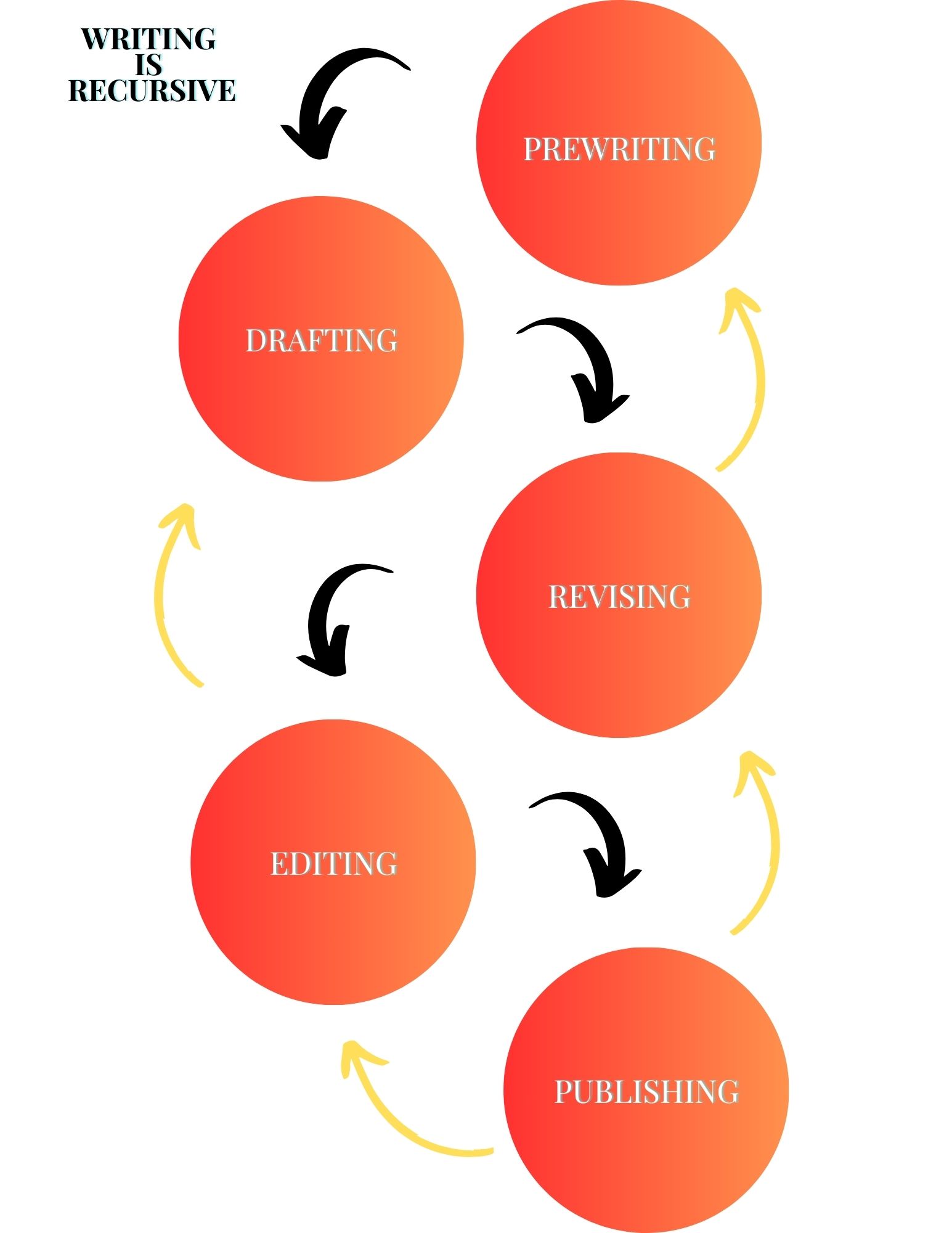A few months ago, I submitted a short story to a writing contest that required a $20 entrance fee. I have never paid to submit my writing before because writers don’t make enough money to consider that as an option for publication. However, it was a contest, so I thought, what the heck!?
Long story short, I did not win (I didn’t even get a pity publication even though they stipulated that there was a chance, but I honestly don’t think I understood the market that well). I was also out $20, which is kind of a bummer because that could have been money for late-night writing fuel (coffee, probably).
Anyway, it got me thinking (and moved me to start this blog, actually) that maybe paying to submit writing is…well…absurd. I mean, that’s $20 that I could have spent on notebooks and pens—or a new journal (oh, I really don’t like thinking about how I could’ve spent that $20).
As such, I compiled my own thoughts and others’ thoughts from blogs and websites (always the carrion writer) for today’s post to hopefully inform you of the pros and cons of paying to play.
Spending money does not guarantee outcomes
In “Six Reasons You Shouldn’t Enter Writing Contests,” author Oren Ashkenazi states that one should avoid writing contests with a fee because having a money component creates problems.
“This sort of contest, for all practical purposes, is a form of gambling. Everyone puts in money, and only one person walks away with any reward. Statistically, that person is unlikely to be you. You’re spending money on something with a very poor rate of return, and any financial planner will tell you that’s a bad idea.”
(Ashkenazi)
I think this criticism is practical, and it’s certainly fair, as it addresses the strange ways artists and writers tackle creation and publication—we are okay with putting in work and paying to get it seen rather than putting in work and getting paid to have it seen. I suppose one could argue that capitalism and art have competing motivations.
Knowing what’s good
Meanwhile, we can look at writing contests as a sort of quality comparison. If it looks good and sounds good—it’s probably good.
As offered by Writer’s Digest, one can deduce the quality of a contest (and whether paying makes sense) by looking at a few factors:
- Who is judging the work? Are they reputable? What does researching them tell you?
- Never get in a situation where you sign all of the rights to your story away (one-time publication rights are okay).
- What is the prize? Is it cheap? Does it do something for you as a writer (reach an audience, give writing credit, stroke your ego, etc.)?
This is a roundabout way of saying: do your research! Make sure you completely understand what you are getting into before you commit. I have submitted lots of stories without ever reading the publication, which makes the 100 rejection emails I have received over the years more reasonable.
In summation
In writing this, I was hoping to find some concrete rationale that would make me decide one way or the other about paying to enter a contest—but there really is not a general consensus. The best I can figure is that if you think it’s a reputable organization, you don’t mind spending some scratch, and you have a story that is undeniably good—then maybe you should consider paying to enter a contest.
For me, at least right now anyway, I think I am going to save some cash for an extra coffee or two.
Works Cited
Ashkenazi, Oren. “Six Reasons You Shouldn’t Enter Writing Contests.” Mythcreants. May 27, 2017. Web.
Cook, Amy. “The Truth About Writing Contests.” Writer’s Digest. March 11, 2008. Web.
Playle, Sophie. “How Many Submissions Do Literary Agents Receive?” Liminal Pages. Sept. 11, 2018. Web.







